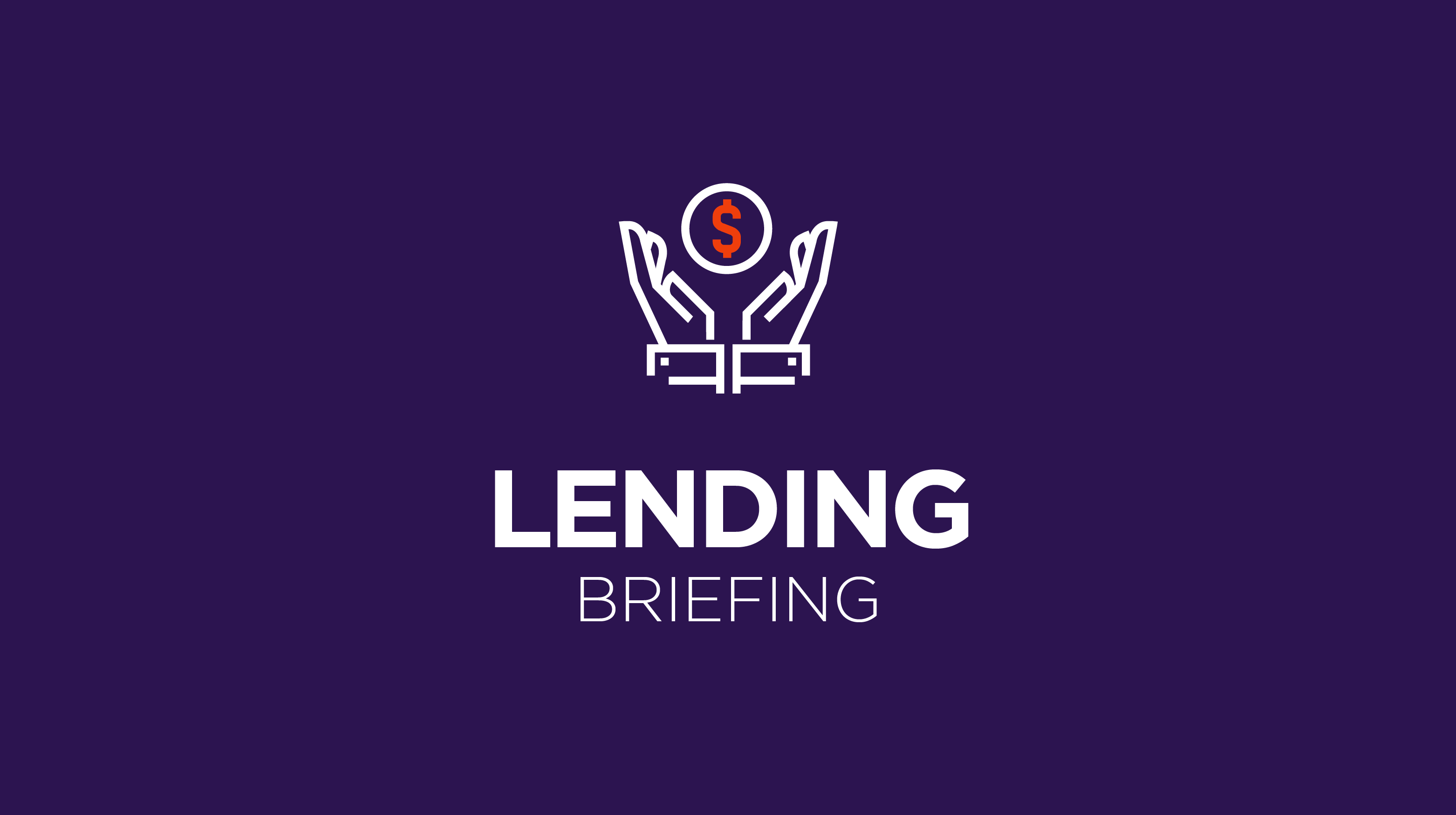Lending, Member Exclusive
Lending Briefing: Customers would share data to improve their creditworthiness
- Over 75% consumers believe that a credit score shouldn’t be the only determinant for loan eligibility.
- In the absence of lending products that fit their needs, consumers are turning to fintechs and their families to avoid predatory loans or rejections.








